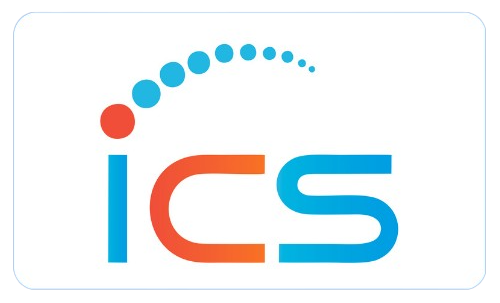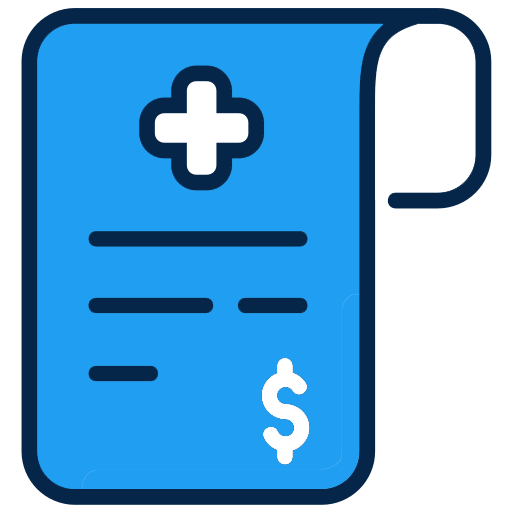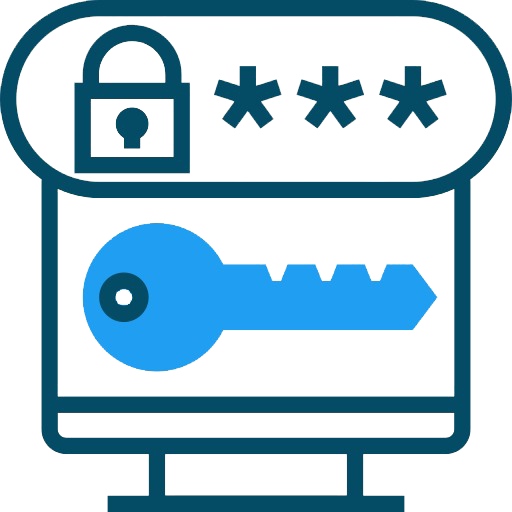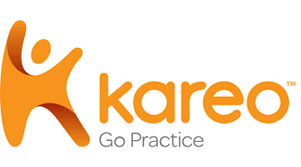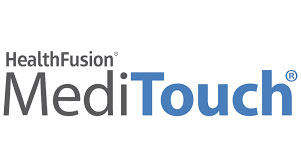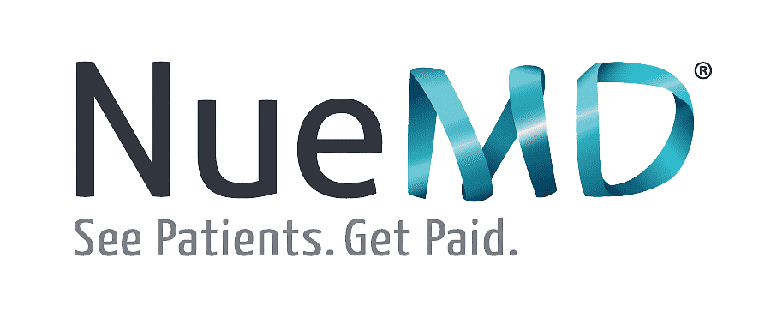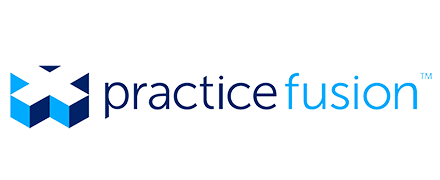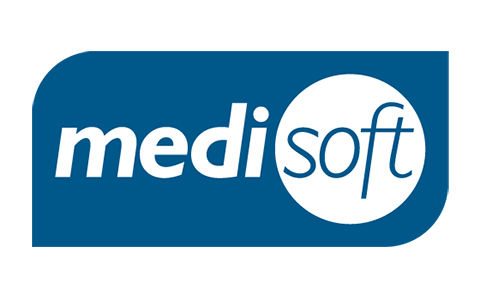Access to Behavioral health care is severely hampered by the difficulty of coding and paying for Behavioral health services. Compared to other sectors of healthcare, there are significant issues with payment, reimbursement, and billing for Behavioral health services. The billing procedure is impacted by the length, breadth, and restrictions that govern Behavioral health care. Services are typically customised and don’t fit neatly into predefined categories, and attempts to standardise coding have simply made matters more difficult. Policy, clinical, and administrative denials are the three main areas under which denied claims often fall.
Challenges in Behavioral Health Billing
Medical billing for Behavioral health is challenging due to the wide variety of treatments and services rendered, each with a separate set of restrictions. Coding and billing may be impacted by the duration of a session, the location of services, treatment strategy, the age of the patient, and their willingness to cooperate. Given that it might be difficult to provide uniform care for every patient, invoicing for Behavioral health services can become confusing for providers.
Tips on Billing for Behavioral Health Services
Billing challenges can pose a threat to Behavioral health practices. Financial losses and dissatisfied patients can take a toll on the practice. Here are some tips for Behavioral health billing that will help streamline your RCM process.
1. Behavioral Health Services Covered by Insurance
There are several types of Behavioral health services covered by different insurance providers. The knowledge of these will help in the appropriate billing and coding of the treatment.
2. Documentation
Private practise billing services must be supported by the appropriate paperwork. The medical record should contain every conversation a patient has with the Behavioral healthcare professional. In essence, an incomplete or incorrect medical record would show that the patient does not need medical or Behavioral health services. Because of this mistake, insurance companies frequently refuse to pay for the service, which makes it challenging for Behavioral health professionals to do their jobs and for patients to receive the care they require.
3. Accurate Coding
Behavioral health providers can identify various treatments, diagnoses, or activities delivered to the patient owing to accurate diagnosis coding. The purpose of diagnosis coding is to make it simpler to classify various Behavioral illnesses or diagnostic tests used during therapy.
How to Bill for Behavioral Health Services ?
1. Understanding ICD-10 and CPT Codes
ICD-10 numbers show the patient’s diagnosis; however, CPT codes indicate how you’re treating the illness, making CPT (Current Procedural Terminology) codes more significant. Although you can charge patients for your therapy services, you cannot charge them for a diagnosis. The codes that begin with the number 9 are most frequently used by Behavioral health professionals. These codes, which always consist of five digits, are used for telemedicine, case management, psychiatric evaluation, and testing of Behavioral health. Several telehealth codes start with G rather than 9. The CPT codes you’ll use vary based on the duration of a patient interaction.
2. Be Adept with Psychiatrist Evaluation and E/M Codes
- E/M codes: When analysing a new patient concern, you will use these codes in your billing. The following three documentation components are necessary for each E/M code.
- History: Provide a summary of the patient’s family and social history, current diagnosis, and system review here.
- Analysis: The patient’s history, the current problem, and the exams you’ve done are all described here.
- Decision-making: Here, you will include the number of diagnoses made and the treatments used throughout the patient visit. Together with describing the difficulty of the patient’s data, you’ll also identify any probable difficulties.
- Psychiatric assessment: You must separately charge and code any psychiatric components that are included in your psychotherapy session.
3. Use the Right Billing Form
You will probably come across two billing forms in Behavioral health billing: UB-04 and CMS-1500, often known as Form HCFA. Physicians will fill out the CMS-1500; and in case of front-desk staff, they will fill out the UB-04 form. Your tax identification number (TIN) and national provider identifier (NPI) should be handy.
4. Conduct a VOB
Verifying your patient’s benefits at the beginning could save hours of work later on. Your consumers will be more prepared to pay you on time when they are aware of the inclusions and exclusions of their insurance coverage.
Partnering with Info Hub Consultancy Services (ICS)
Info Hub Consultancy Services is an outsource medical billing company with considerable experience in Behavioral health billing services. Outsourcing to a professional medical billing company In India helps eliminate the administrative responsibilities associated with medical billing. Also, using a specialised provider will eliminate staff mistakes because they will have undergone extensive training and have more billing expertise than your existing staff.
When you choose to outsource your Behavioral health billing to professionals who spend their days concentrating on the financial specifics of Behavioral health practises, billing for various services is made simpler.
You can rely on our expertise to increase the flow of revenue while providing you with access to the insights your team needs for reports on all aspects, financial and otherwise, of your services.
